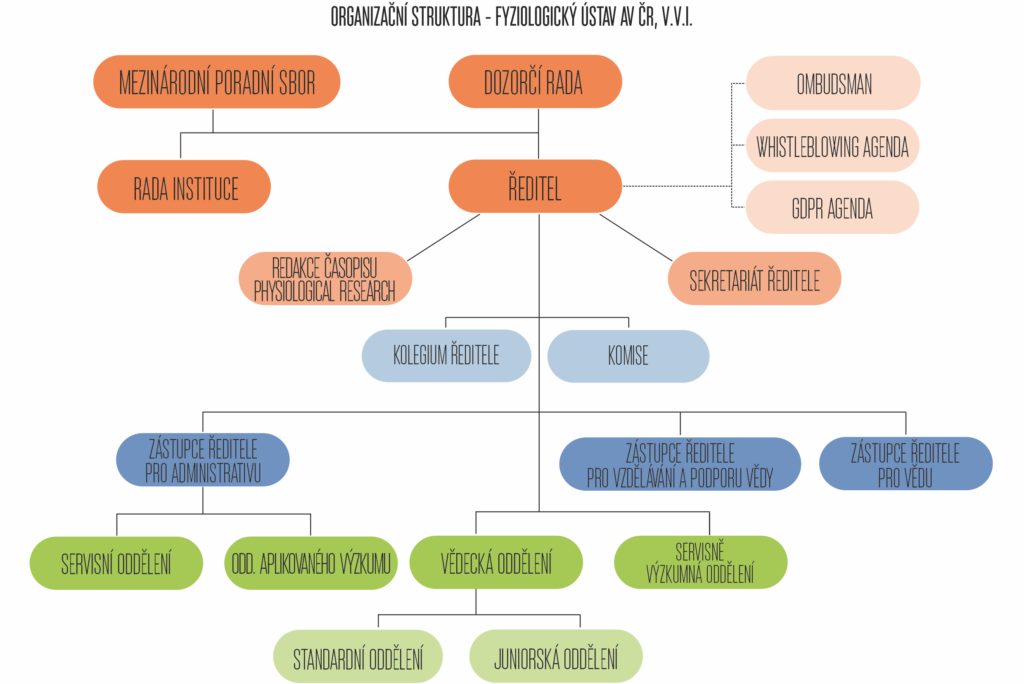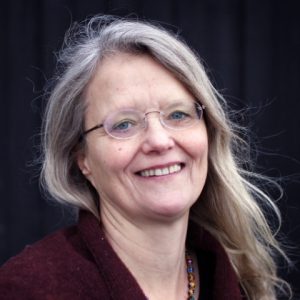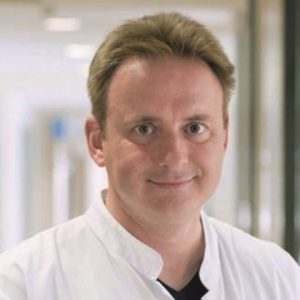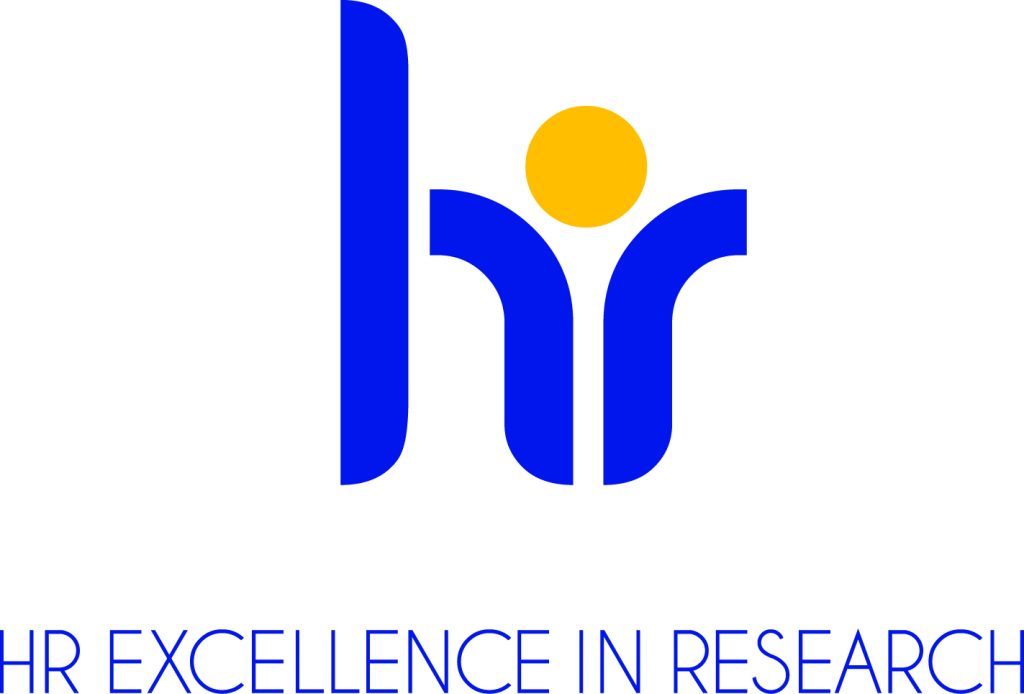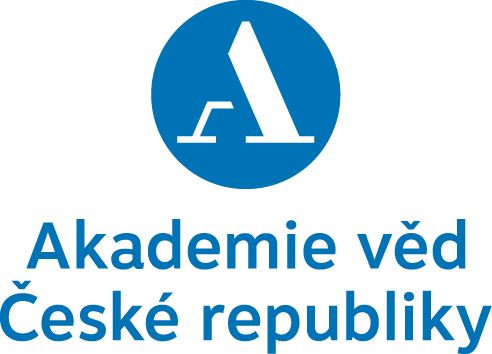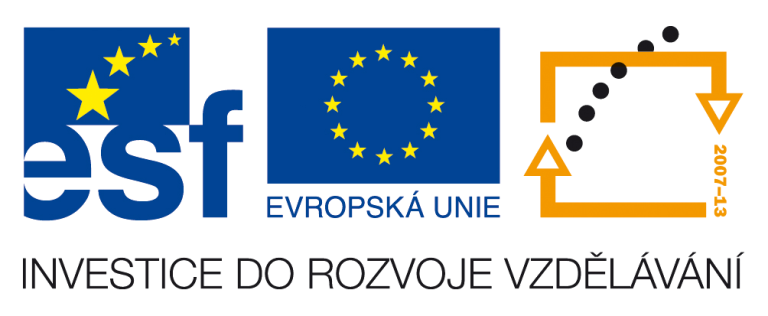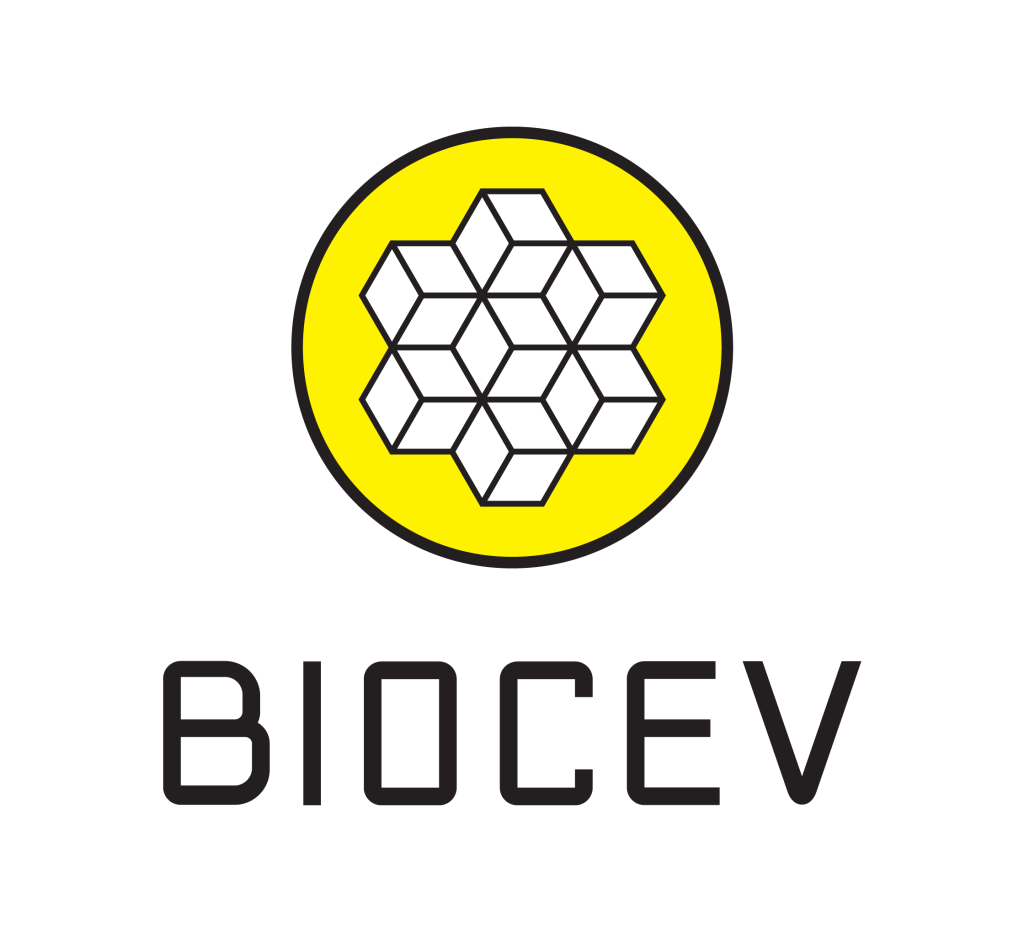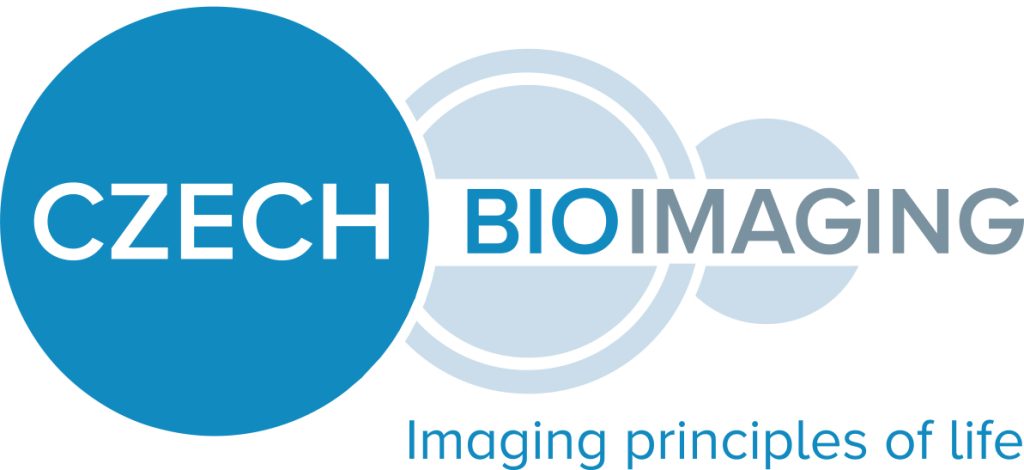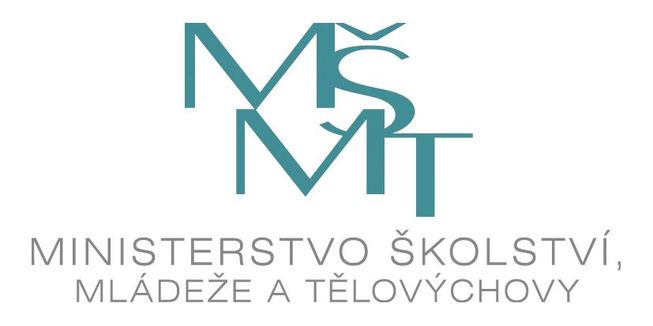Vedení a struktura

Na této straně najdete
Vedení ústavu
Ředitel: RNDr. Ondřej Kuda, Ph.D.
Zástupce ředitele pro vědu (statutární zástupce ředitele): RNDr. Jan Svoboda, Ph.D.
Zástupkyně ředitele pro administrativu: Ing. Petra Janečková
Zástupkyně ředitele pro komunikaci a vzdělávání: Ing. Olga Zimmermannová, Ph.D.
Zástupce ředitele pro mezinárodní vztahy: MUDr. Jan Kopecký, DrSc.
Rada FGÚ AV ČR, v. v. i.
Předseda:
Místopředsedkyně: Prof. PharmDr. Alena Sumová, DSc.
Interní členové:
Mgr. Martin Balaštík, Ph.D.
Mgr. Jan Jakubík, Ph.D.
Prof. RNDr. František Kolář, CSc.
RNDr. Ivana Vaněčková, DSc.
Externí členové:
Prof. RNDr. Jan Černý, Ph.D. (UK)
Prof. Ing. Martin Fusek, Ph.D. (ÚOCHB)
Prof. MUDr. Pavel Martásek, DrSc. (BIOCEV)
Tajemnice: RNDr. Marta Vandrovcová, Ph.D.
Dozorčí rada FGÚ AV ČR, v. v. i.
Předseda: RNDr. Zdeněk Havlas, DrSc. (ÚOCHB)
Místopředseda: RNDr. Jaroslav Kuneš, DrSc. (FGÚ)
Členové:
Mgr. Ing. Jindřich Hroch (advokát)
Prof. MUDr. Zuzana Červinková, CSc. (UHK)
Prof. MUDr. Vojtěch Melenovský, CSc. (IKEM)
Tajemnice: Ing. Petra Janečková (FGÚ)
Mezinárodní poradní sbor FGÚ AV ČR, v.v.i.
Předseda:
Prof. Adam Szewczyku, D.Sc.
Head of the Laboratory of Intracellular Ion Channels, Chair of the Scientific Council at Nencki Institute, Nencki Institute of Experimental Biology, Polish Academy of Sciences, Warsaw, Poland
Členové:
Prof. Bryndis Birnir, Ph.D.
Professor at the Department of Medical Cell Biology, University of Uppsala, Sweden
Prof. Dr. med. Matthias Blüher
Director of the Helmholtz Institute for Metabolic, Obesity and Vascular Research, Leipzig, Germany
Prof. Dr. med. Pontus Persson
Director of the Institute of Vegetative Physiology, Editor in Chief of Acta Physiologica, Berlin, Germany
Prof. Marianne Schultzberg, Ph.D.
Professor of clinical neuroscience, Karolinska Institutet, Sweden
Mezinárodní poradní sbor FGÚ AV ČR
Mezinárodní poradní sbor Fyziologického ústavu (MPS-FGÚ) je nezávislým orgánem složeným z pěti uznávaných vědeckých odborníků. Jeho hlavním úkolem je pomáhat vedení ústavu při vytváření výzkumné strategie, zlepšování mezinárodní spolupráce a prestiže a zapojování do velkých mezinárodních vědeckých projektů.
První jednání IAB-IPHYS se uskutečnilo dne 2. 11. 2020, při kterém proběhla volba předsedy na dvouleté funkční období. Další jednání MPS-FGÚ se konala ve dnech 13. a 14. 10. 2022 a 2. 6. 2023.
Prof. Adam Szewczyk, D.Sc.
Chairperson
Vedoucí Laboratoře vnitrobuněčných iontových kanálů, předseda vědecké rady Nenckiho institutu, Nenckiho institut experimentální biologie, Polská akademie věd, Varšava, Polsko.
Adam Szewczyk, narozen v roce 1960 ve Vratislavi, Polsko. Je profesorem biochemie, předsedou vědecké rady v Nenckiho ústavu experimentální biologie v Polsku a od roku 2022 působí jako předseda Polské biochemické společnosti. Adam Szewczyk absolvoval chemická studia na Varšavské univerzitě a postdoktorandské stáže na Univerzitě v Bernu (Švýcarsko), Ústavu buněčné a molekulární farmakologie – Univerzita v Nice (Francie) a na Univerzitě Johnse Hopkinse v Baltimoru, MD. Je vedoucím laboratoře vnitrobuněčných iontových kanálů v Nenckiho institutu. Výzkum Adama Szewczyka je zaměřen na roli iontových kanálů na funkci mitochondrií a farmakologii nitrobuněčných iontových kanálů a biofyzikální vlastnosti mitochondriálních draslíkových kanálů. Adam Szewczyk působil (10 let) jako ředitel Nencki Institute a (9 let) jako Federation of European Biochemical Societies – Congress Counsellor ve výkonném výboru FEBS. Publikoval více než 120 vědeckých článků v oblasti bioenergetiky, membránového transportu a farmakologie iontových kanálů.
Prof. Bryndis Birnir, Ph.D.
Profesorka na katedře lékařské buněčné biologie, Univerzita v Uppsale, Švédsko
Bryndis Birnir, PhD, je profesorka fyziologie na univerzitě v Uppsale ve Švédsku. Doktorát z fyziologie získala v roce 1989 na Kalifornské univerzitě v USA, kde studovala na sodíku závislý ko-transport. Poté se stala postdoktorandkou a později vědeckou pracovnicí na John Curtin School of Medical Research v australské Canbeře, kde se začala zabývat receptory GABA a GABAA v neuronech. Bryndis vyrostla na Islandu a v roce 2000 se přestěhovala zpět na severní polokouli, na Lundskou univerzitu ve Švédsku, kde začala studovat metabolickou regulaci signalizace GABA. V roce 2008 se Bryndis stala profesorkou na univerzitě v Uppsale, kde její výzkumná skupina studuje roli GABA a GABA receptorů v pankreatických ostrůvcích, imunitních buňkách a neuronech a způsob, jakým je signalizace GABA v těchto tkáních regulována metabolickými hormony. Bryndis zastávala na Uppsalské univerzitě řadu důvěryhodných funkcí a působila např. jako generální tajemnice a pokladní Skandinávské fyziologické společnosti a jako pokladní Federace evropských fyziologických společností. V současné době je předsedkyní Švédského národního výboru pro farmakologii, fyziologii a neurovědy Švédské královské akademii věd.
Prof. Dr. med. Matthias Blüher
Ředitel Helmholtzova institutu pro výzkum metabolismu, obezity a cév, Lipsko, Německo
Matthias Blüher je profesorem klinické obezitologie a ředitelem Helmholtzova institutu pro výzkum metabolismu, obezity a cév v Helmholtzově centru v Mnichově a na univerzitě v Lipsku v Německu. Je přednášejícím Kolaborativního výzkumného centra „Mechanismy obezity“ na Lipské univerzitě v Německu. Výzkum Matthiase Blühera je zaměřen na roli funkce a distribuce tukové tkáně v inzulínové rezistenci, rozvoji obezity, diabetu 2. typu a dalších metabolických a kardiovaskulárních onemocnění. Matthiasova práce byla oceněna na národní i mezinárodní úrovni, neboť je držitelem Ceny za výzkum obezity udělované Německou obezitologickou společností v roce 2003, Ceny Ferdinanda Bertrama udělované Německou diabetologickou společností v roce 2008, Minkowského ceny Evropské asociace pro studium diabetu (EASD) (2008) a Minkowské ceny EASD v roce 2015. Profesor Blüher absolvoval studium medicíny na univerzitě v Lipsku a postdoktorandské studium v Joslin Diabetes Centre (C. R. Kahn), Harvard Medical School, Boston, USA.
Prof. Dr. med. Pontus Persson
Ředitel Ústavu vegetativní fyziologie, šéfredaktor časopisu Acta Physiologica, Berlín, Německo
Persson, narozený v roce 1962 ve švédském Lundu, získal vzdělání v USA, Německu a Itálii. Po jmenování řádným profesorem fyziologie v roce 1994 na Charité-Universitätsmedizin Berlin v Německu se stal vedoucím Ústavu vegetativní fyziologie. Získal Ruprecht-Karlsovu cenu Univerzity v Heidelbergu (1990), cenu Německé výzkumné nadace (Deutsche Forschungsgemeinschaft: Gerhard-Hess-Förderprogramm) za výzkum (1991, 1 mil. DM), cenu Americké fyziologické společnosti pro mladé badatele (1998) a cenu Americké fyziologické společnosti Henry Pickering Bowditch Award (2002). V letech 2001-2007 působil Persson jako šéfredaktor časopisu American Journal of Physiology – Regulatory, Integrative and Comparative Physiology. Od roku 2011 je šéfredaktorem časopisu Acta Physiologica (Oxford). Od roku 2015 je členem Americké fyziologické společnosti. Publikoval více než 250 vědeckých článků z oblasti fyziologie ledvin a kardiovaskulárního systému. Jeho výzkum byl podpořen dvoucifernou částkou v milionech eur poskytnutou různými národními a mezinárodními agenturami.
Prof. Marianne Schultzberg, Ph.D.
Profesorka klinické neurovědy, Karolinska Institutet, Švédsko
Marianne Schultzbergová je od roku 2005 profesorkou klinické neurovědy na Karolinském Institutu (KI) a od roku 2012 působila jako proděkanka pro doktorské vzdělávání na KI a v letech 2016-2018 jako děkanka pro doktorské vzdělávání. Doktorský titul získala v roce 1980, postdoktorské studium absolvovala v Anglii a působila jako hostující vědkyně v NIMH v USA. Její výzkum se týká role neurozánětu u neurodegenerativních poruch, jako je Alzheimerova choroba (AD), a kombinuje buněčné a zvířecí experimentální modely v translačním přístupu založeném na modelech in vivo a in vitro v úzké spolupráci s geriatrickou klinikou v Karolinské univerzitní nemocnici s cílem nalézt nové léčebné strategie. Řešení zánětu v mozku je jejím současným výzkumným zaměřením. Zánět je reakcí organismu na různé typy škodlivých podnětů a obvykle končí, když je podnět odstraněn a homeostáza tkáně je obnovena. Tento proces, rozlišení, zahrnuje vyčištění tkáňových zbytků, snížení regulace prozánětlivých faktorů a stimulaci regenerace tkáně.
Organizační struktura
